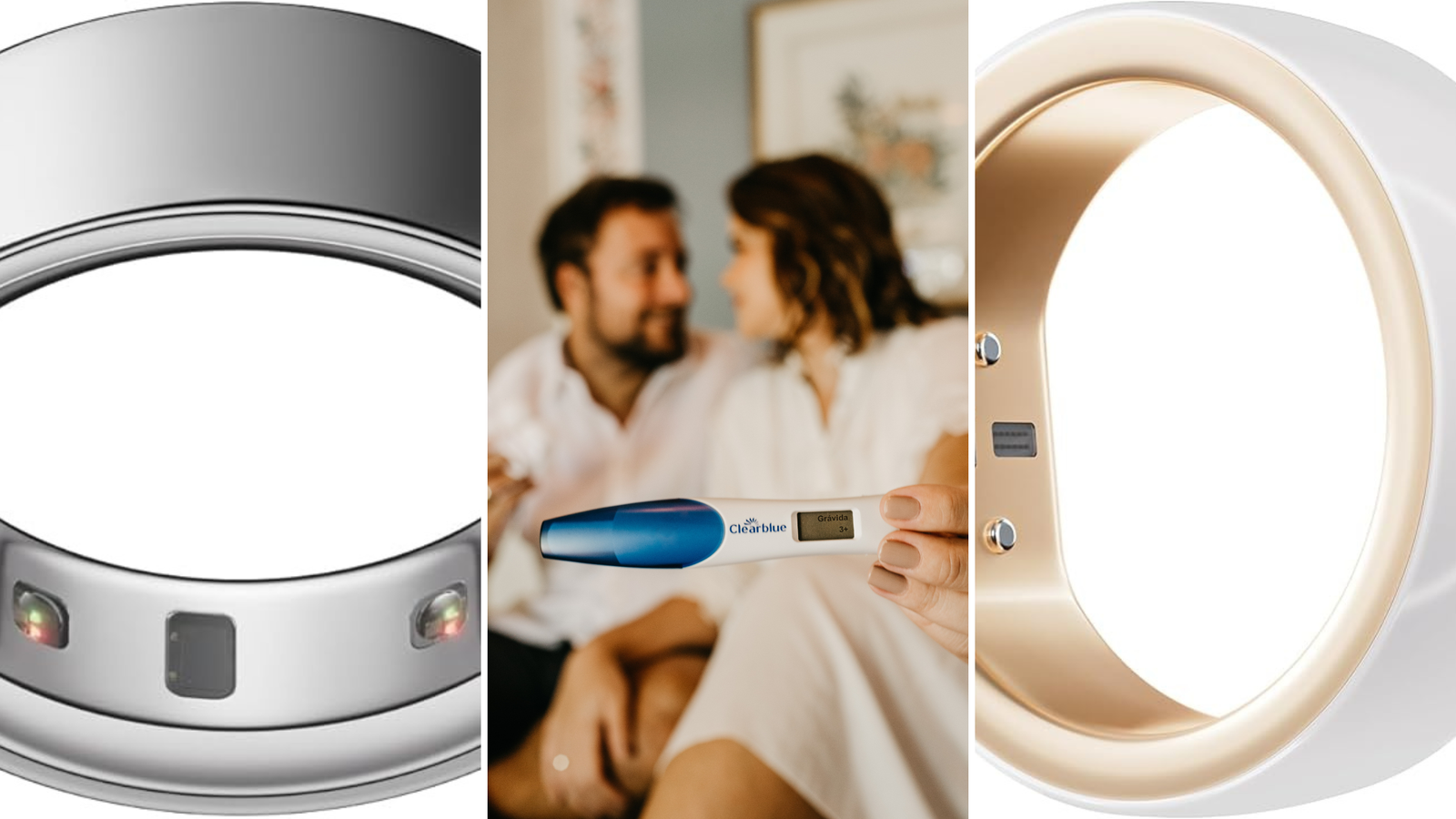BMI Calculator for Fertility
Author Bio

Idris Ya'u
BSc Botany, MSc Biology
How much should I weigh to get pregnant?
There is no specific weight you must be to get pregnant, but maintaining a healthy weight can improve your chances. The ideal BMI (Body Mass Index) for fertility is between 18.5 and 24.9. If your BMI is within this range, your body is in a healthy state for conception.
What is the minimum weight to get pregnant in KG?
There isn't a strict minimum weight required to get pregnant, but a BMI below 18.5 is considered underweight and can negatively affect fertility. For example, if you are 1.65 meters tall, a weight of around 50 kg corresponds to a BMI of 18.5.
At what weight can you not get pregnant?
Both underweight (BMI below 18.5) and overweight (BMI above 30) can impact your ability to conceive. Being significantly underweight or overweight can disrupt hormonal balance and ovulation, making it more challenging to get pregnant.
What trimester do you gain the most weight?
Typically, the second trimester (weeks 13-26) is when most women gain the most weight during pregnancy. This period is characterized by rapid growth of the baby and increased fluid retention.
How much weight should I gain in the first trimester of pregnancy?
In the first trimester, most women gain about 1-2 kg (2-4 pounds). Some may even lose weight due to morning sickness. The key is to focus on healthy nutrition and listen to your body's needs.
How do you know if your body is ready to get pregnant?
Signs that your body may be ready to get pregnant include regular menstrual cycles, healthy body weight, good overall health, and no underlying health conditions that could affect fertility. A visit to a healthcare provider can give you a comprehensive assessment.
Related: Check out Ovulation Calculator
How do I know if I am fertile enough to get pregnant?
Indicators of fertility include regular menstrual cycles, signs of ovulation (such as mid-cycle pain or changes in cervical mucus), and absence of reproductive health issues. Fertility tests, such as hormone levels and ovulation tracking, can provide more specific information.
What exercise is best when trying to conceive?
Moderate-intensity exercises such as walking, swimming, and yoga are excellent when trying to conceive. These activities help maintain a healthy weight, reduce stress, and improve overall health without overexerting the body.
Can a 40 kg girl become pregnant?
A girl weighing 40 kg may have a BMI indicating underweight, depending on her height. Being underweight can affect hormonal balance and ovulation. It is important to consult with a healthcare provider to assess overall health and fertility potential.
Can you get pregnant if you don't eat enough?
Poor nutrition can lead to irregular menstrual cycles and hormonal imbalances, making it harder to conceive. Adequate nutrition is essential for maintaining a healthy body and supporting reproductive functions.
Read also: How Track Ovulation Without An App
Can I get pregnant with belly fat?
Yes, you can get pregnant with belly fat. However, being overweight or having excessive belly fat can affect hormonal balance and ovulation, potentially making it more difficult to conceive. A balanced diet and regular exercise can improve fertility.
How to make baby gain weight in womb?
To support healthy fetal growth, ensure you have a balanced diet rich in proteins, healthy fats, vitamins, and minerals. Regular prenatal check-ups and following your healthcare provider's advice are crucial. Avoiding alcohol, smoking, and excessive caffeine is also important.
When does morning sickness start?
Morning sickness typically starts around the 6th week of pregnancy and often subsides by the end of the first trimester (around week 12). However, the severity and duration can vary among women.
How do you know if you have conceived successfully?
Early signs of successful conception include missed periods, breast tenderness, nausea, fatigue, and increased urination. A positive pregnancy test, taken after a missed period, is a reliable indicator. For confirmation, a visit to your healthcare provider is recommended.
Tools:
- Luteal phase calculator
- BBT Temperature Converter
- Birth control calculator
- Bishop Score Calculator
- Due Date Calculator
- Breast Cancer Recurrence Risk Calculator
- Breastfeeding Calories Calculator
- Clomid Ovulation Calculator
- Conception Calculator
- Due Date Calculator
- Egg Freezing Calculator
- Flange Size Calculator
- Ideal Weight To Get Pregnant Calculator
- Implantation calculator
- IVF success calculator after retrieval
- Menstrual or Implantation Bleeding Quiz
- MCA PSV MoM calculator
- hCG Levels Calculator
- IVF Due Date Calculator
- Who Got Me Pregnant Calculator
- Conception Calculator
- Pearl Index Calculator
- Flange Size Calculator
- Period Calculator
- TIRADS Calculator
- Egg Freezing Calculator
- Fundal Height Calculator
- Pregnancy Weight Gain Calculator
- Chances of Having Twins Calculator
- VTE Risk Score Calculator


